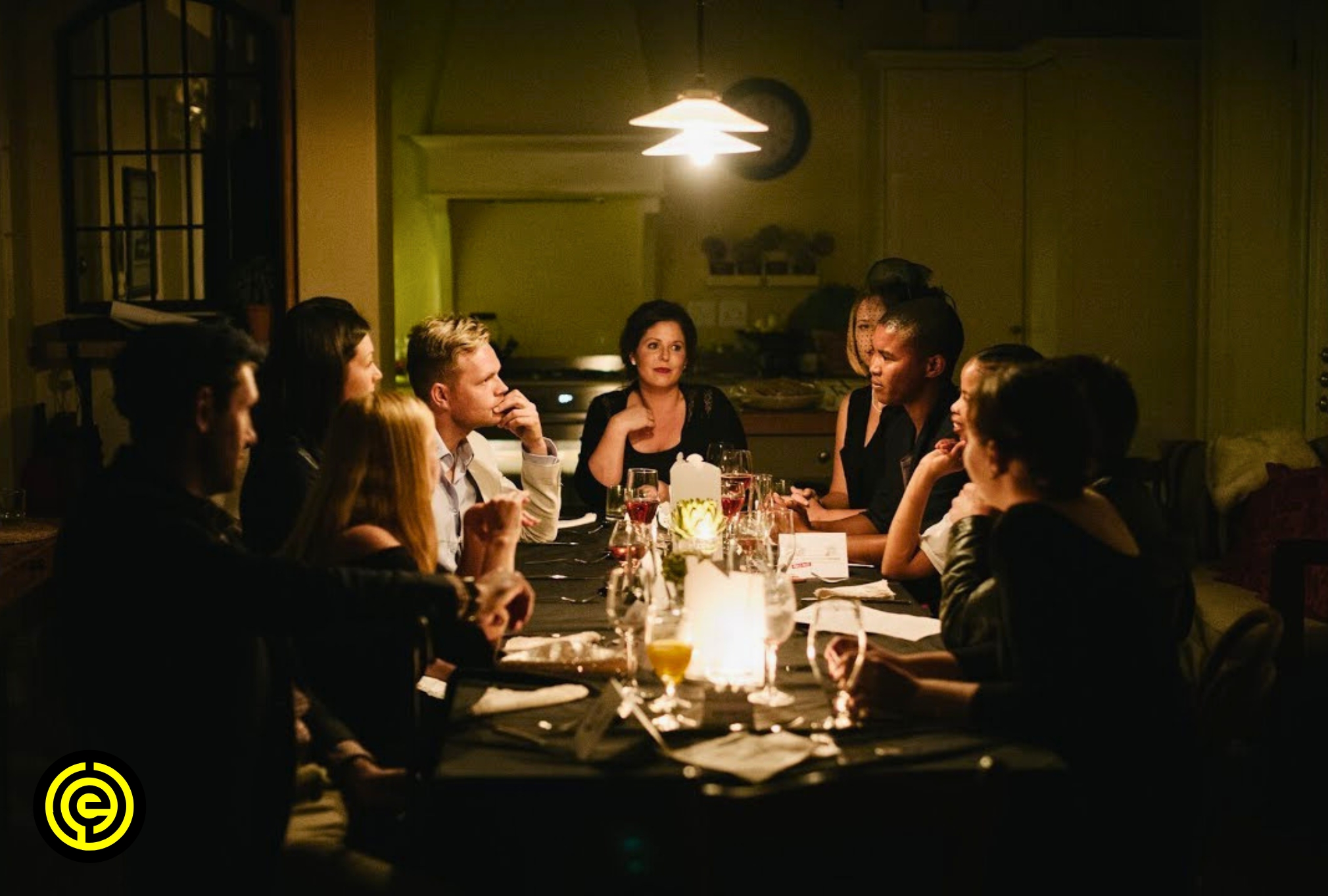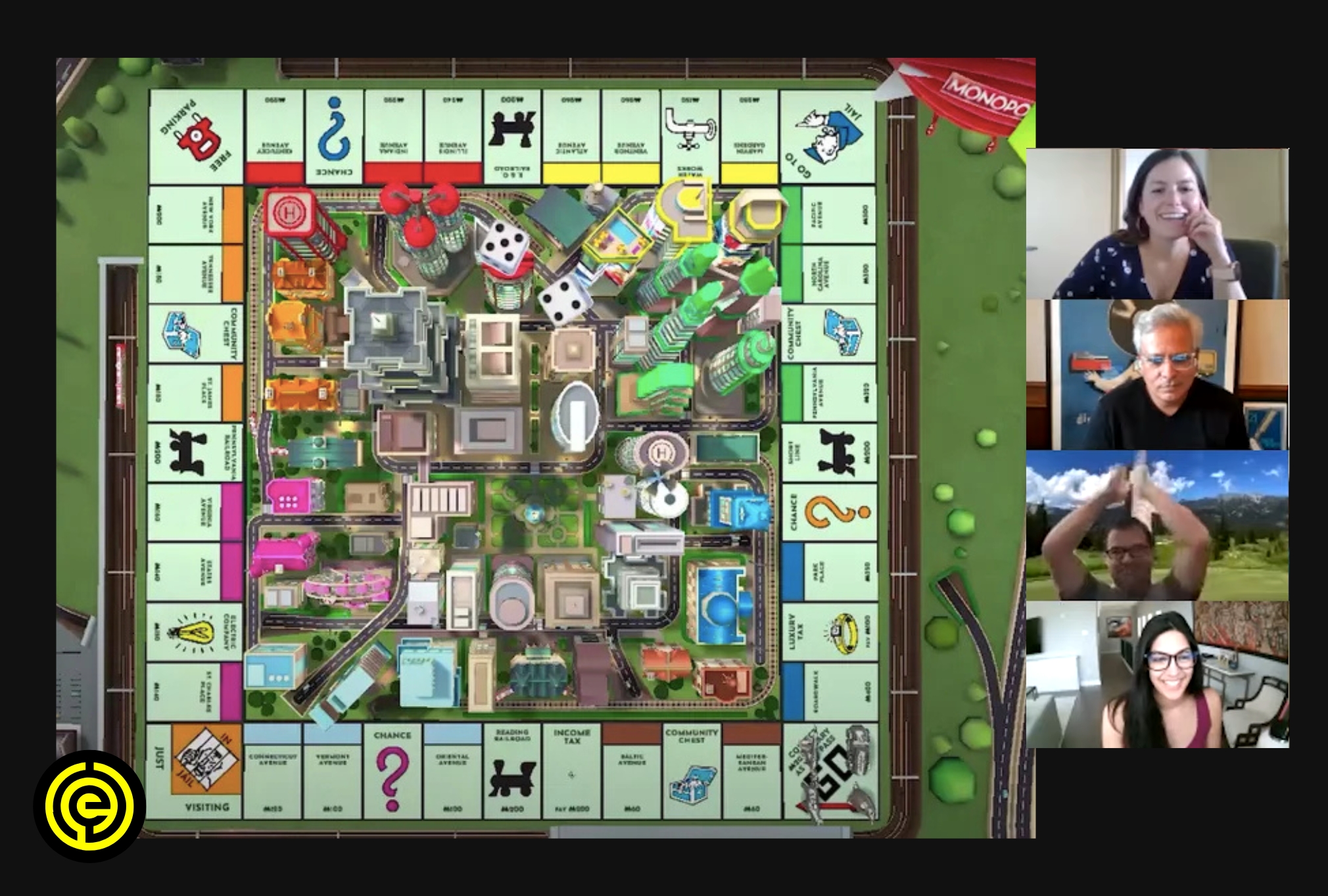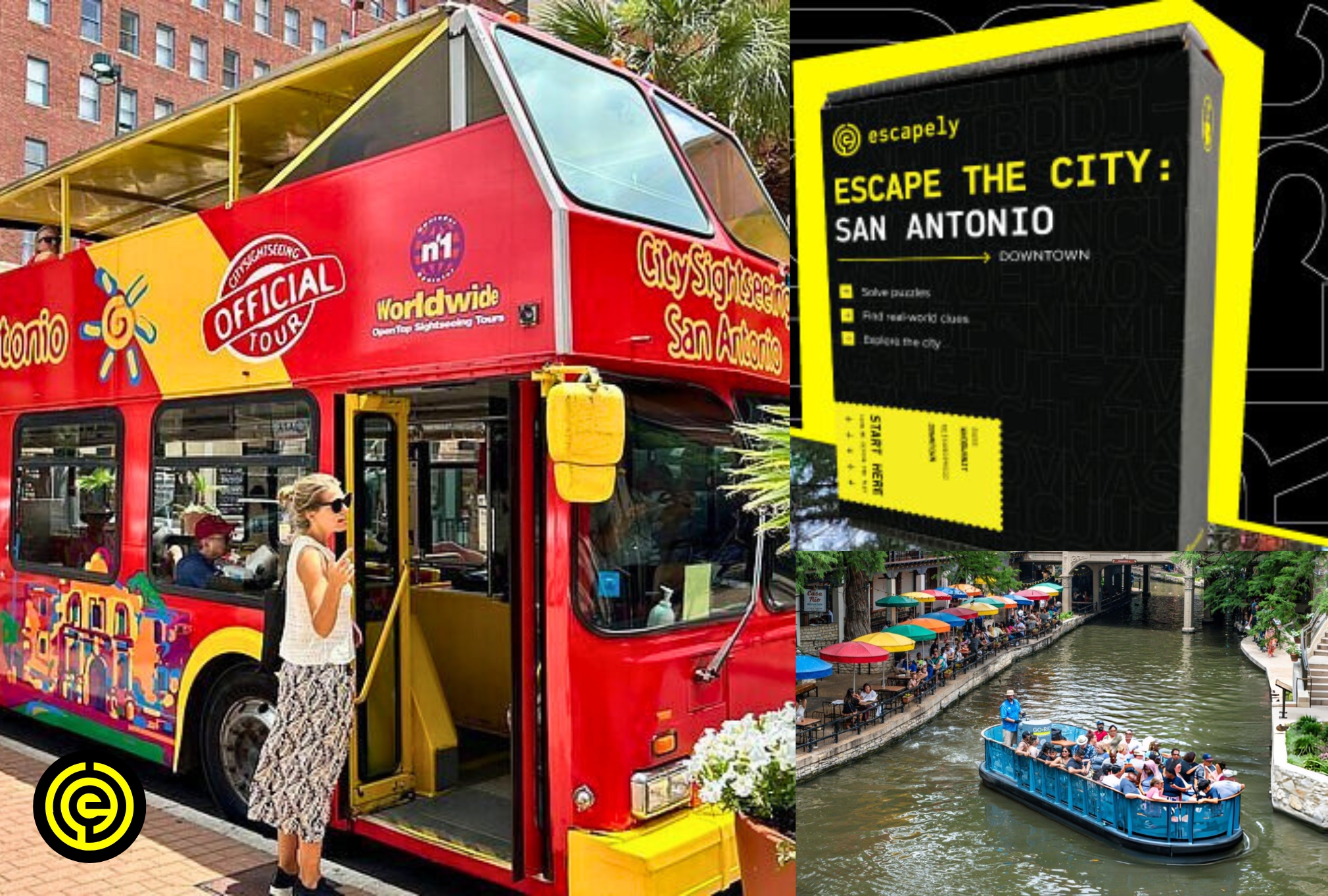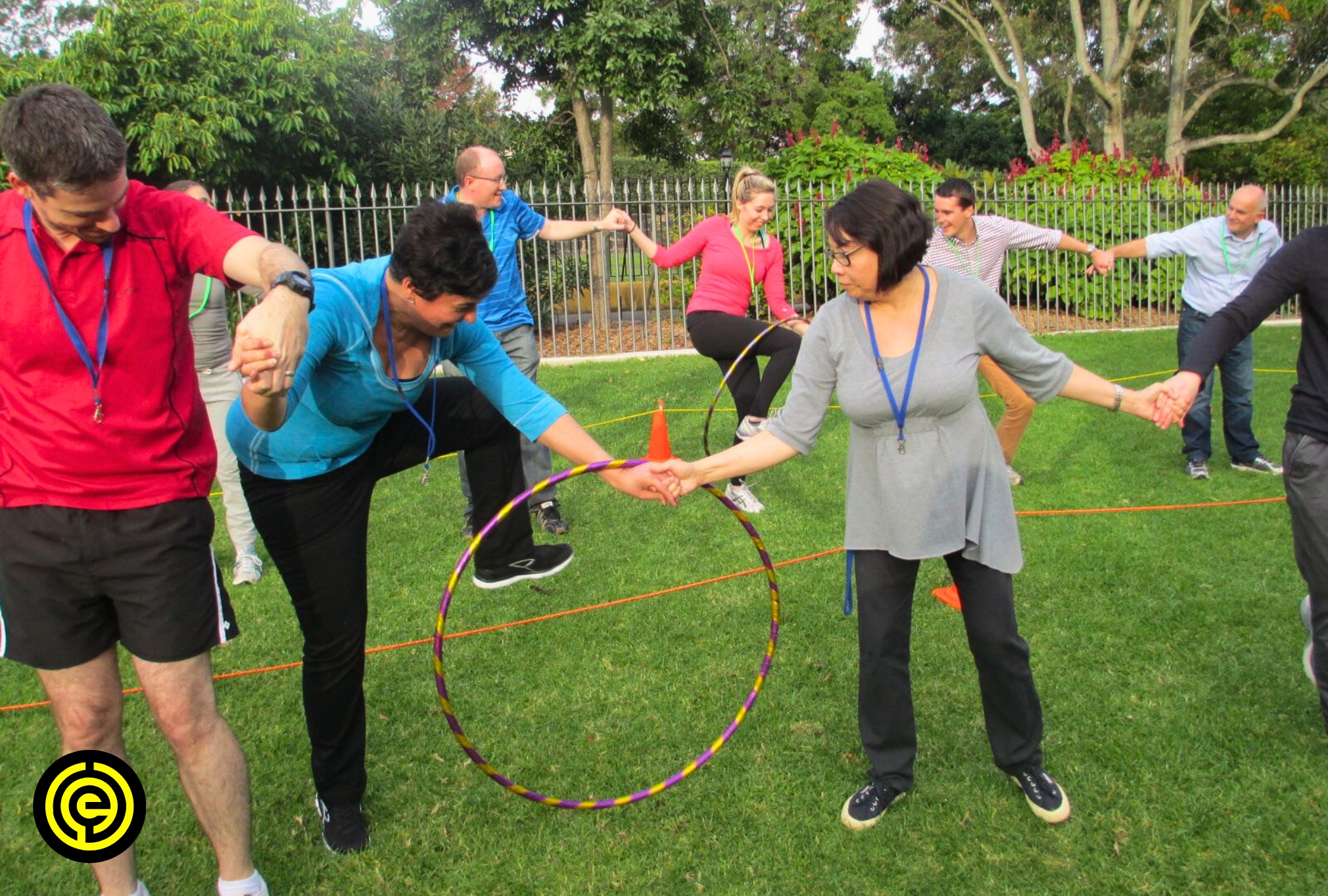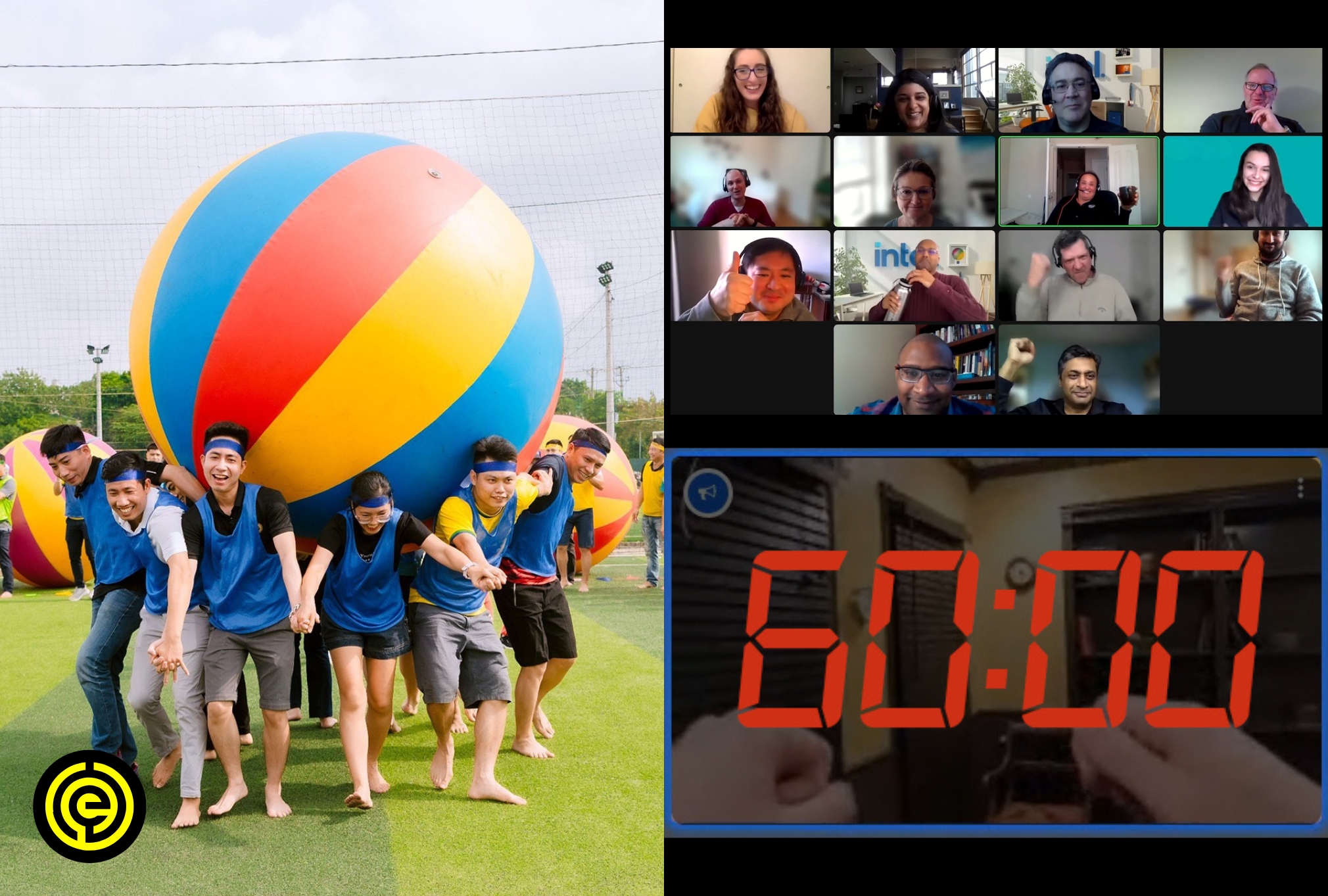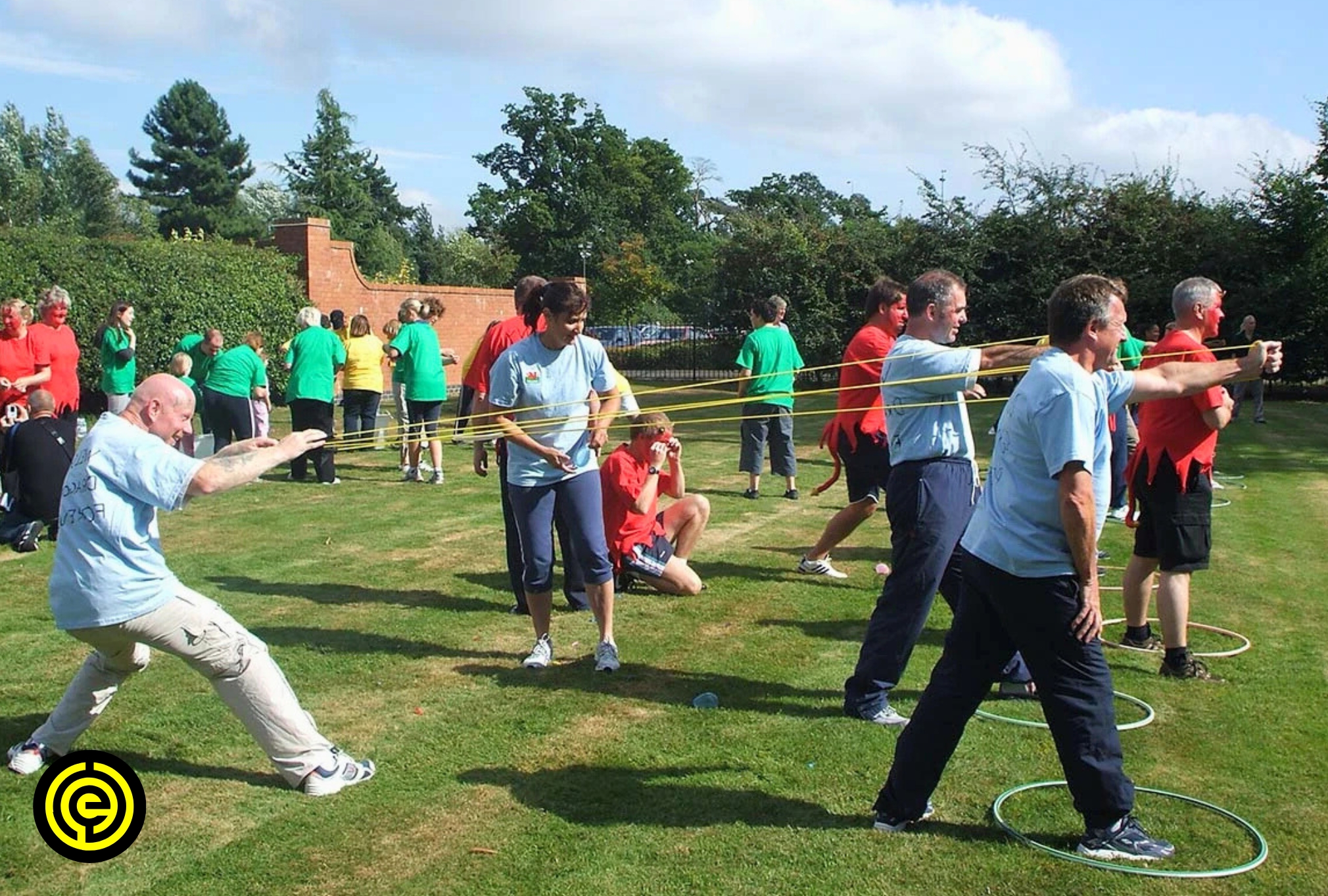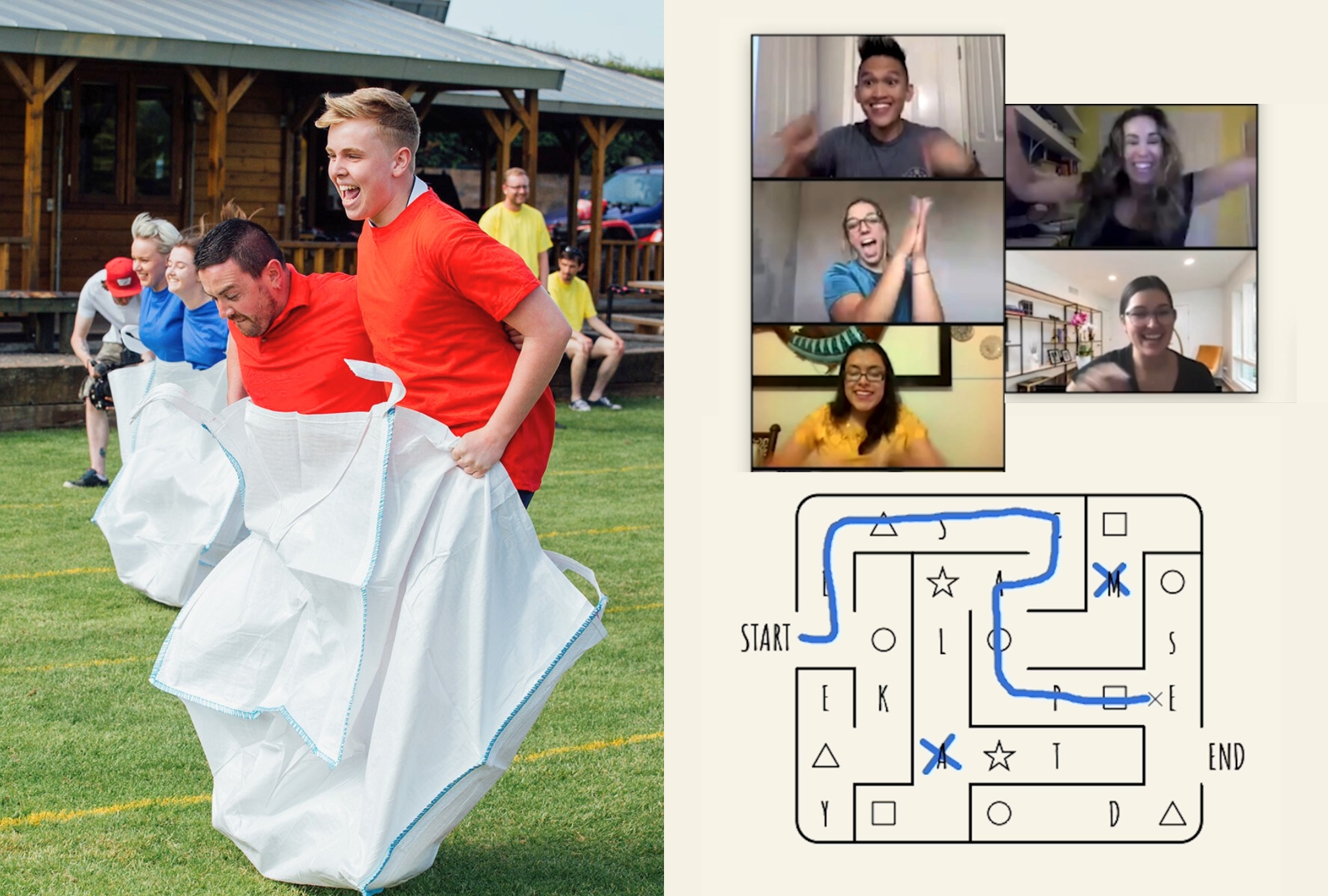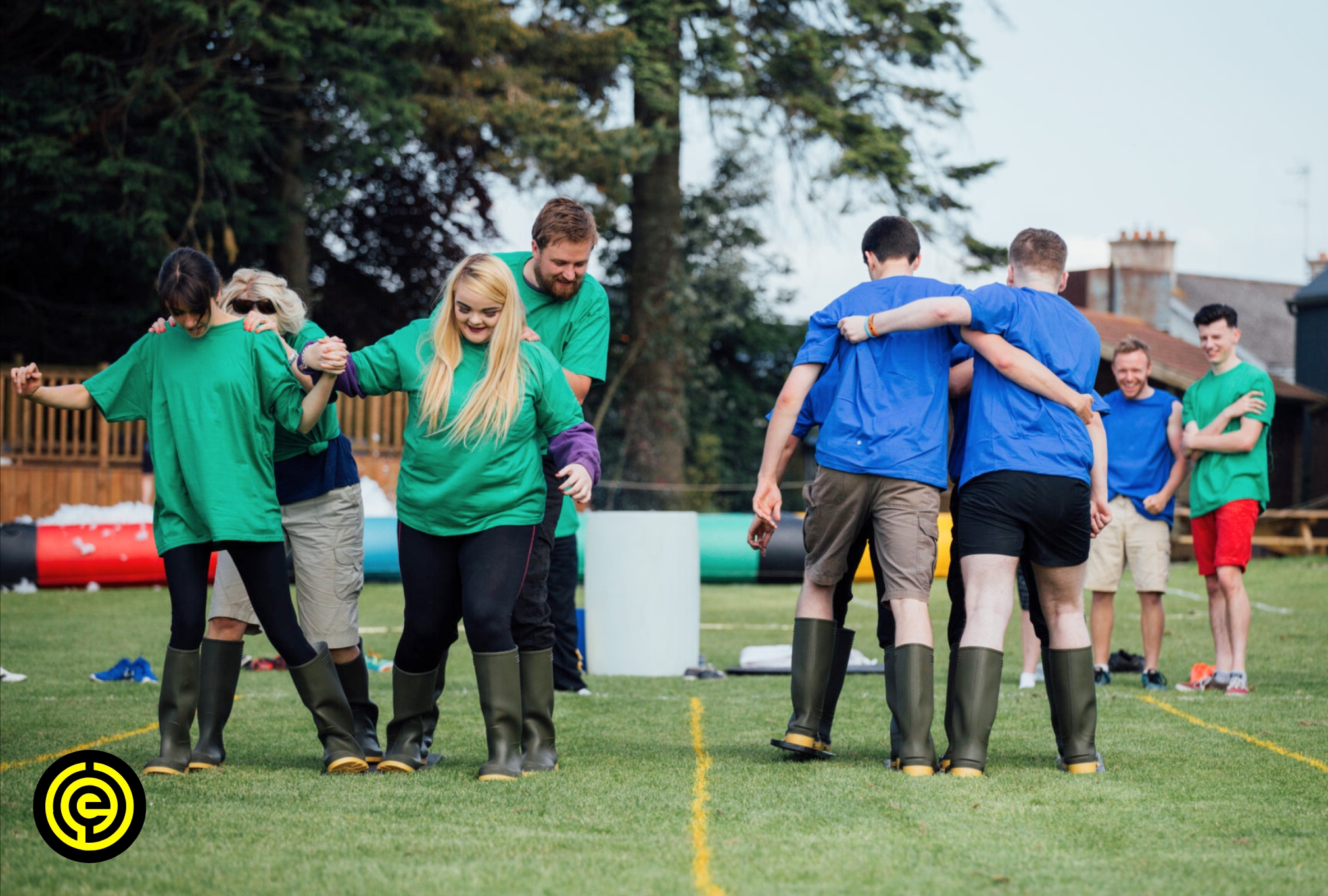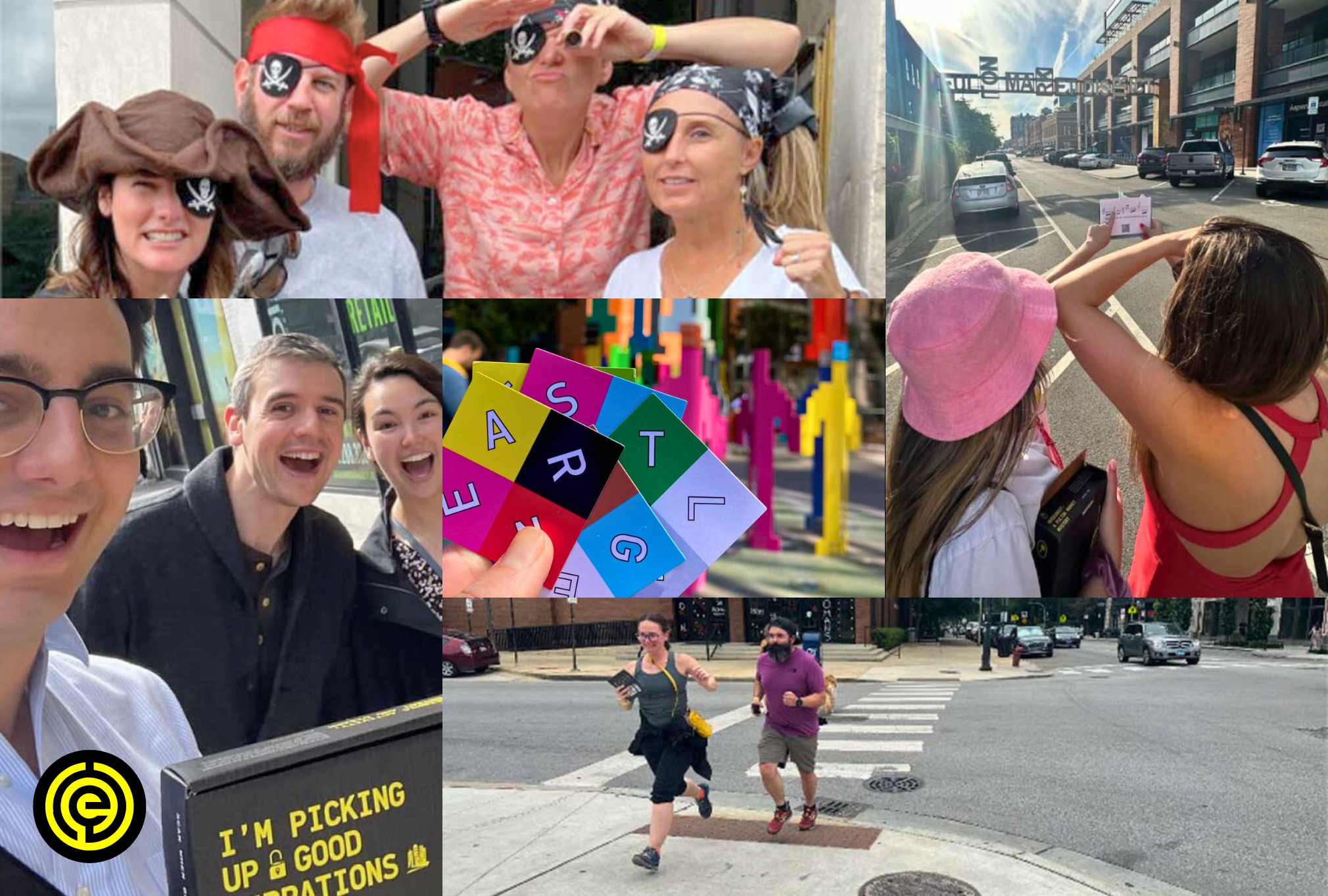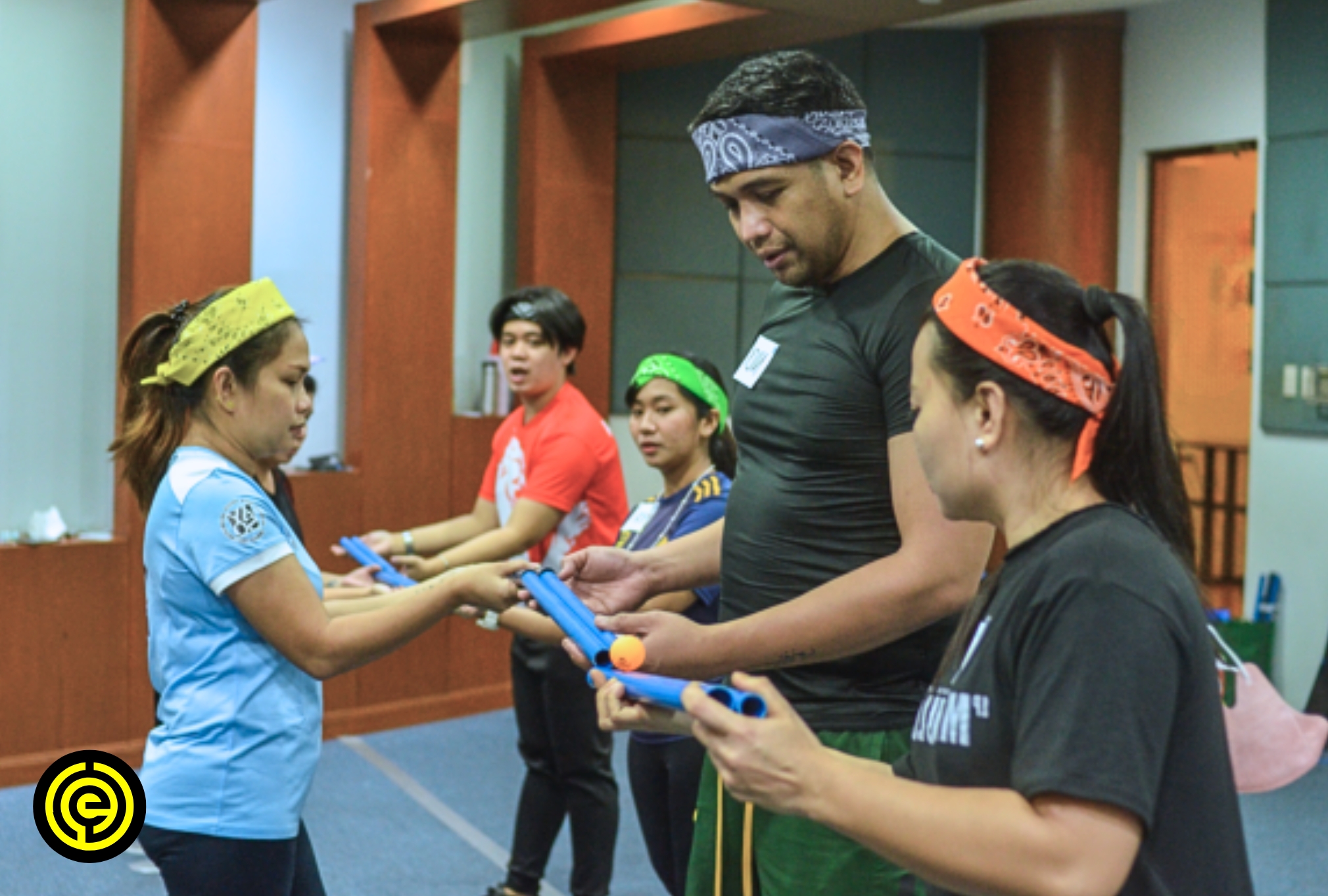Escape rooms have quickly grown in popularity thanks to their blend of excitement and mental challenges. They offer a thrilling and interactive experience that can appeal to everyone, from friend groups to colleagues.
These immersive games see participants deciphering clues and completing tasks within a limited time to “escape” the room. They often have different themes, making each experience unique.
To succeed in an escape room, you will need teamwork, clear communication, and strategic thinking. You can book a demo today to run through an escape room before your next team-building event.
This guide will cover key strategies on how to successfully escape an escape room, from managing time wisely to solving puzzles efficiently.
Understanding the Basics of an Escape Room
An escape room is an immersive, interactive game where participants enter a themed environment. There, they must solve puzzles, find clues, and complete tasks to escape within a set time limit, usually 60 minutes.
Each room has a unique storyline, and players must work together to overcome the challenge.
Escape rooms have gained immense popularity in major cities like Los Angeles and New York, especially when they are outdoor escape rooms like our Escape The City games.
They have quickly become a favorite group activity for friends, families, and even corporate teams.
The activity offers a combination of mental stimulation and the challenge of beating the countdown clock. This offers an exciting and challenging experience that encourages collaboration and creative problem-solving.
Preparing Your Escape Room Team
Finding the right escape room team can either make or break your chances of winning the game.
A diverse group of problem solvers, communicators, and people who can stay calm under pressure will ensure all aspects of the challenge are covered.
Having a balanced set of skills will help with tackling different types of puzzles.
It is helpful to review the room’s theme and story as a team beforehand. This additional context can provide valuable clues to help guide your approach to solving the puzzles.
All members of your team should also arrive on time. This will ensure you are all relaxed and can be briefed by the team leader or the guides. It will also give you time to prepare before your activity.
Being mentally focused and in a positive mood sets the tone for the challenge ahead. A good attitude will help your team work together smoothly, making the overall challenge easier.
Why Effective Communication Is A Must For Escape Rooms
Effective communication is essential in an escape room because it ensures everyone is aware of any discoveries and ideas.
When players share the clues they find, the team can collaborate to piece together solutions faster. This open flow of information prevents unnecessary delays and helps solve puzzles efficiently.
It is also important to listen to and encourage other team members’ input. This will help them feel more involved and lead to valuable insights. Some puzzles require combining different perspectives or clues that individuals may hold.
Active listening can help teams better connect information, leading to faster solutions.
Essential Time Management Strategies in Escape Rooms
There are different ways to manage your time in an escape room. This will depend on the difficulty of the puzzles, how many people are in the team, and more.
Sometimes, it may be helpful for the team to split up, especially when working under time pressure. Each team will simultaneously work on different puzzles.
With everyone focusing on separate tasks, the team can cover more ground and progress through the challenges faster. This avoids bottlenecks where too many people are working on the same puzzle.
It is also important to assign a team member dedicated to tracking the time.
This person can remind the team of how much time is left, helping them pace themselves.
This prevents the team from running out of time and ensures a balanced problem-solving approach.
Are you curious about the many challenging yet fun escape room puzzles you and your loved ones can try? Learn more about our escape room offerings by booking a demo with us today!
Puzzle-Solving Tactics
You may be wondering, “What are the types of escape room locks and puzzles?” Escape rooms tend to have common patterns, codes, and hidden messages that are key to progress.
Players should look for these details while thinking creatively about how they might be used. Clues are frequently hidden in plain sight, so thinking outside the box is essential to uncovering hidden solutions.
Methodical testing and elimination is a much more effective strategy than randomly guessing.
For instance, if a code does not work on one lock, try it on another before moving on. This organized approach will save time and help the team work more efficiently.
Escape rooms are often designed to make players overanalyze simple clues. Teams should resist the urge to overcomplicate things.
Frequently, the answer is much simpler than it initially seems. Maintaining a clear and practical mindset is key to solving the puzzles.
Utilizing Clues and Hints
Know when to ask your escape room guide for hints. While hints are typically limited, timing your questions can give you an advantage.
If the team is spending too much time on a single puzzle, it is wise to request a hint before more time slips away.
Hints are a part of the experience, so asking for one is not a sign of failure but a tool to keep the game progressing.
However, you should also avoid over-relying on hints. The goal is to solve puzzles independently as much as possible.
Relying too heavily on hints can detract from the challenge and sense of accomplishment that comes with solving the puzzles on your own.
Keep Calm and Stay Focused
Staying calm and avoiding frustration will help you think clearly in an escape room. Players who get stressed or panic may overlook obvious solutions and make mistakes.
A calm, focused mindset allows the team to approach puzzles logically and effectively.
Celebrating small victories along the way can also keep team morale high. Each solved puzzle or found clue should be seen as progress, helping to motivate the group through tougher challenges.
This positive reinforcement helps maintain energy and focus throughout the entire game.
Final Strategies For A Successful Escape Room Experience
If the team gets stuck while playing, revisiting previously found clues or puzzles can help.
Sometimes, initially overlooked details may hold the key to unlocking the next step. Reviewing earlier findings can refresh the team’s perspective and lead to new solutions.
Organize any found keys, clues, and other objects with a clear system to avoid confusion.
Scattered or misplaced items can slow down the team’s progress. Staying organized will help the team quickly match clues to puzzles.
Here are five additional escape room tips to help you increase your chances of escaping.
- Search the room thoroughly as soon as you enter to find as many clues as possible.
- Always communicate what you find, even if it seems unimportant.
- Do not be afraid to experiment with different ideas and approaches to puzzles.
- Stay positive and encourage your teammates when things get challenging.
- Keep track of which locks or puzzles have already been solved to avoid wasting time on them again.
Frequently Asked Questions (FAQs)
This section will discuss common questions on escaping an escape room.
How Do You Not Panic in an Escape Room?
To avoid panicking in an escape room, focus on the puzzles and clues as soon as the game begins. Immersing yourself in the tasks will help distract from any nervousness or anxiety.
Remind yourself that it is just a game, and there is nothing to fear. Remembering this will allow you to remain calm and enjoy the experience.
Can You Design Your Own Escape Room?
Yes, you can design your own escape room using items from around your house, making it a fun activity for all ages.
Crafting an escape room at home is a fantastic way to create memorable experiences that foster creativity and collaboration among family and friends.
If you are learning how to make an escape room at home, start by creating a fun, engaging atmosphere. This starting point will help players stay calm and enjoy the challenge.
Can You Solve an Escape Room by Yourself?
Yes, you can solve an escape room by yourself, but it significantly changes the experience.
Without a team, every decision and solution will become your sole responsibility, making each puzzle more intense and challenging.
Playing solo can provide a thrilling, more focused escape room experience, whether you are a first-timer or an experienced enthusiast.
Key Takeaways on How to Escape an Escape Room
This guide covered essential strategies for escaping an escape room, including effective communication, teamwork, time management, and puzzle-solving tactics.
Share information openly, divide tasks, and stay organized. By following the above, teams can increase their chances of solving puzzles and escaping in time.
The key to success in an escape room lies in collaboration and strategic thinking. Working together allows for faster problem-solving and helps overcome difficult challenges more efficiently.
Are you curious about the many challenging yet fun escape room puzzles you and your loved ones can try? Learn more about our escape room offerings by booking a demo with us today!













